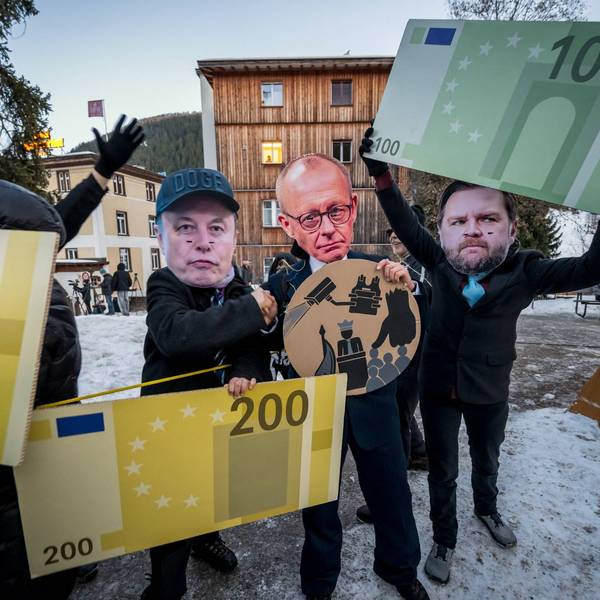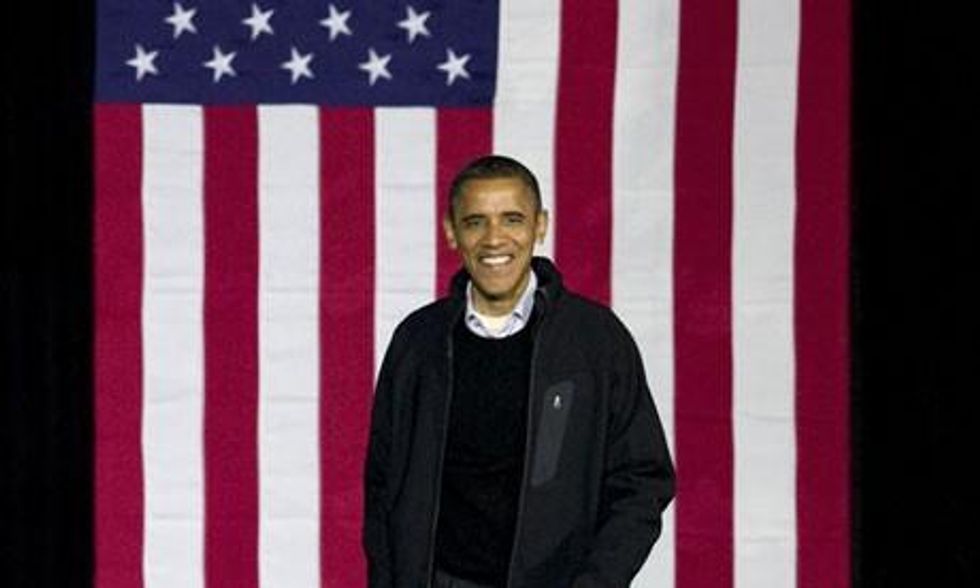Pricey American universities look a lot more Hogwarts than their British counterparts. As one of the 10 most expensive private colleges in the US, Carnegie Mellon in Pittsburgh almost oppresses visitors with neo-gothic grandness; yet it was the setting this September for one of the scratchiest academic arguments I have ever heard.
I was a guest of Carol Goldburg, the director of CMU's undergraduate economics programme, who had gathered a few colleagues to give their take on the presidential election. Here were four top economists huddled round a lunch table: they were surely going to regale me with talk of labour-market policy, global imbalances, marginal tax rates.
My opener was an easy ball: how did they think President Obama had done? Sevin Yeltekin, an expert on political economy, was the first to respond: "He hasn't delivered on a lot of his promises, but he inherited a big mess. I'd give him a solid B."
I threw the same question to her neighbour and one of America's most renowned rightwing economists, Allan Meltzer. He snapped: "A straight F: he took a mess and made it even bigger." Then came Goldburg, now wearing the look of a hostess whose guests are falling out: "Well, I'm concerned about welfare and poverty, and Obama's tried hard on those issues." A tentative pause. "B-minus?"
Finally it was the turn of Bennett McCallum, author of such refined works as Multiple-Solution Indeterminacies in Monetary Policy Analysis. Surely he would bring the much-needed technical ballast? Um, no. "D: he's trying to turn this country into France."
Some of these comments were surely made for the benefit of their audience: faced with a mere scribbler, the scholars had evidently decided to hold the algebra, and instead talk human. Even so, this was a remarkable row. Here were four economists on the same faculty, who probably taught some of the same students; yet Obama's reputation depended on entirely on who was doing the assessment. The president was either B or F, good or a failure: opposite poles with no middle ground, and not even a joint agreement of the judging criteria.
It's hardly news that US politics is now so polarised. You watch either Fox or MSNBC; you read these blogs or those; you're an Occupier or a Born Again. And you never talk to the other side. The playwright Arthur Miller summed up this state of affairs best during the 2004 election: "How can the polls be neck and neck when I don't know one Bush supporter?" Even so, what I saw in the dining hall at Carnegie Mellon showed just how divided US politics has become: that even technical experts no longer share a common language.
Explaining the Great Gulf is now a cottage industry, with experts serving up a variety of paperback-ready explanations. It's all to do with how arguments are framed (George Lakoff); it's false consciousness (Thomas Frank); birds of the same socio-political feather flock together (Bill Bishop's The Great Sort). The most recent and radical thesis has been advanced by the evolutionary psychologist Jonathan Haidt, who argues that liberals and conservatives have different mental wiring.
So far, so completely lacking in history. Go back to the 60s and the sense of continuity between Republicans and Democrats was strong enough that sociologists such as Daniel Bell wrote about The End of Ideology. And very few analysts have done the obvious thing of putting together America's political polarisation with the other great trend of the past 30 years: the chasm that has opened up between the rich and the rest.
Rather than ask why US politics is broken, a more obvious question is surely: how can a society this divided produce anything but political gridlock?
In their 2006 book Polarized America, the political scientists Nolan McCarty, Keith Poole and Howard Rosenthal plotted the voting behaviour of elected representatives and their constituents, and compared them with the rise in inequality. They found an overwhelming link: as the US economy became more unequal from the 70s, its Congressmen and voters became increasingly extreme - and their incomes became an ever more reliable guide to their affiliations. The richest fifth of Americans are now 2.5 times more likely to vote Republican than the bottom fifth, a trend that McCarty says didn't exist back in the 70s.
And as the wealth gap increased, and voters became more polarised, the Republicans moved away from policies aimed at redistributing wealth and focused instead on cutting taxes and slashing regulation.
This argument about voting with your wallet doesn't cancel out all the others about the role of values or religion. But the authors point out that even among evangelical Christians, the poor are far more likely to skew Democrat than those at the top. As for Congress, McCarty's vote-crunching leads him to pronounce this last parliament the most polarised since records began. And given that US inequality only intensified after the crash, there is little hope of any agreement on such issues as government spending or climate change.
Supersize inequality leads to crashes, economists from the IMF to the Bank of England now agree. But it surely also corrodes democracy. One of Clinton's national security advisers, Richard Feinberg, observed: "If a society fundamentally disagrees on fundamental issues - the nature of property and what constitutes a legitimate political system - democracy can't handle it." At the time, his words were a lecture to Latin American nations. Now they sound like a reproach to his own countrymen.




